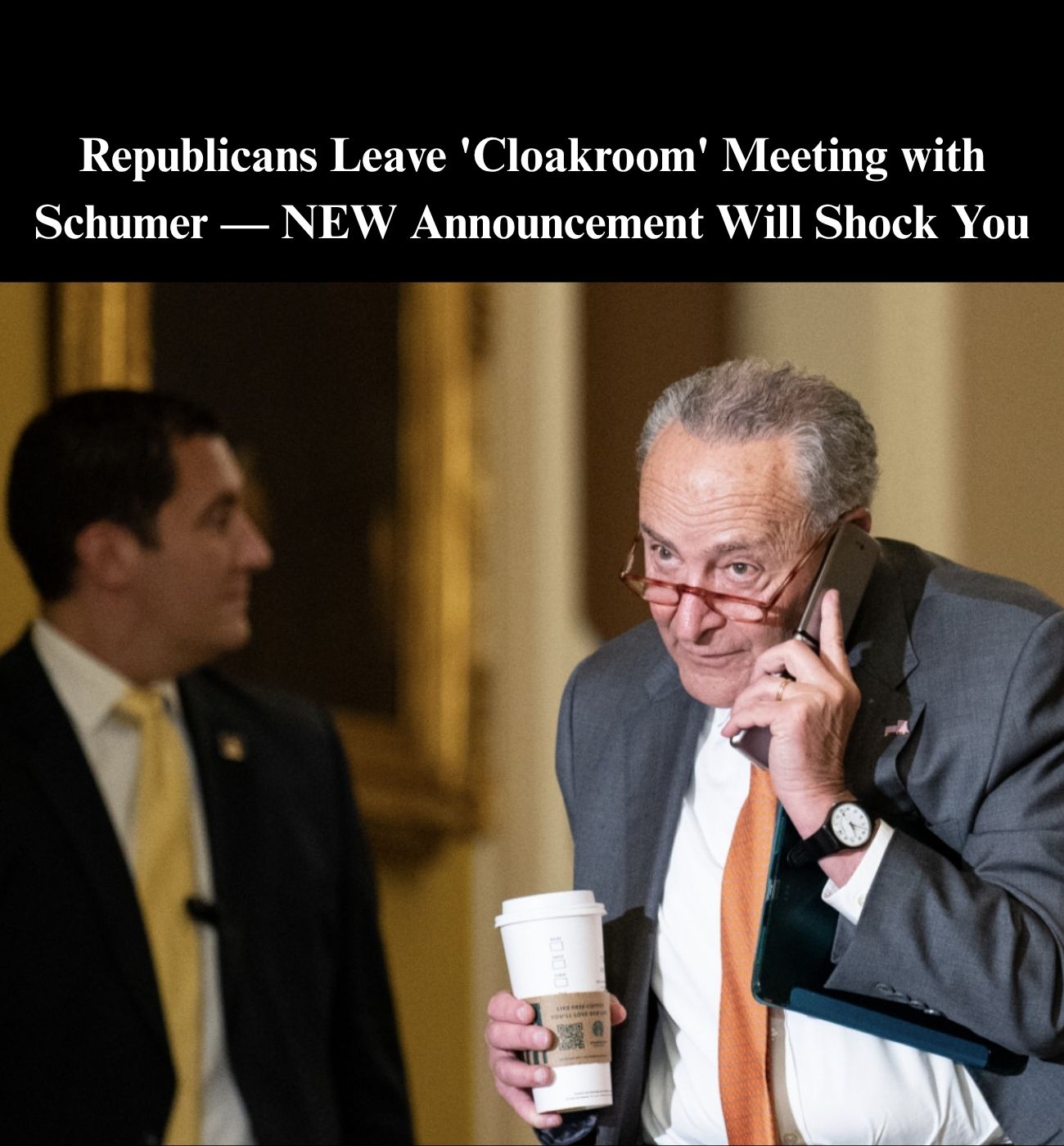A new report suggests that key elements of a potential deal to end the federal government shutdown are beginning to take shape — though it remains uncertain when, or even if, all sides will reach an agreement.
According to Axios, the proposed “three-legged” plan includes three main components: a Senate vote on Affordable Care Act tax credits, a short-term continuing resolution to give negotiators more time to finalize a full-year budget for the fiscal year that began October 1, and a separate vote to fund military construction, the legislative branch, and agriculture programs.
“I think we’re getting close to an off-ramp here,” Senate Majority Leader John Thune, a Republican from South Dakota, told the outlet.
Senate Minority Whip Dick Durbin (D-IL) said congressional leaders “seem more optimistic” about reaching a breakthrough to end the shutdown.
Advertisement
One sticking point, however, remains the duration of the continuing resolution to keep the government funded.
Before Senate Democrats forced the government into a shutdown, the House had already passed a bill to keep it funded through November 21.
Advertisement
If the Senate now strikes a deal to reopen the government, the House will have to return to session and approve the measure — extending the funding deadline in the process.
The dispute over health care tax credits — a key factor behind the shutdown — would be addressed through a Senate vote on extending the credits, as Democrats have demanded.
According to Axios, it remains unclear whether that vote would require a 60-vote threshold to advance or could pass with a simple majority.
Thune (R-SD) said Monday he was “optimistic” the Senate could hold a vote this week to reopen the government.
“But if we don’t start seeing some progress or evidence of that by at least the middle of this week, it’s hard to see how we would finish anything by the end of the week,” he said, according to Newsweek.
“There are people who realize this has gone on long enough and there’s been enough pain inflicted on the American people, and it’s time to end it,” Thune said, per CBS News.
House Speaker Mike Johnson (R-LA) said he would prefer that any bill to reopen the government extend funding through January.
“I am not a fan of extending it to December, because, let’s be frank, a lot of people around here have PTSD about Christmas omnibus spending bills. We don’t want to do that. It gets too close, and we don’t want to have that risk. We’re not doing that. Too many people have concerns,” he said, referencing past budget votes that have come as Christmas loomed.
“I think putting it into January makes sense, but we’ve got to obviously build consensus around that. There’s some discussion about it. We’ll see where it lands. I’m not sure,” he said.
House Appropriations Committee Chairman Tom Cole, an Oklahoma Republican, said he also prefers a January end date, according to Fox News.
“In both chambers, both parties, there’s a dread of what’s called the Christmas omnibus, where we put you right up to the edge of Christmas, and they don’t let you go home to your family until you pass a God awful omnibus bill. We don’t want to do that to our members,” he said.
Senate Democrats voted for a 14th time to keep the federal government closed on Tuesday, marking the 35th day of the shutdown.
While speaking with reporters on Tuesday about “how close” bipartisan talks are to reaching a solution, Thune said, “I hope close, but the pressures, the cross-pressures that everybody’s feeling, are great.”
“But I think there are people who realize this has gone on long enough and there’s been enough pain inflicted on the American people and it’s time to end it,” Thune said. “We’ll see whether the sufficient numbers are there.”
He said he’s doing “everything he can” to make it clear what Republicans are willing to do on appropriations, funding the government, and changes to Obamacare.
